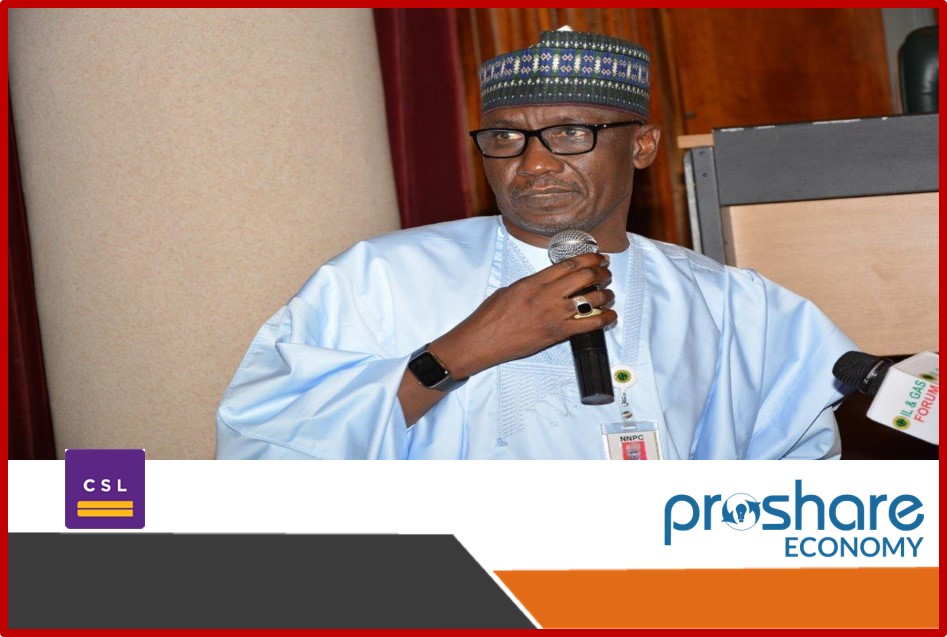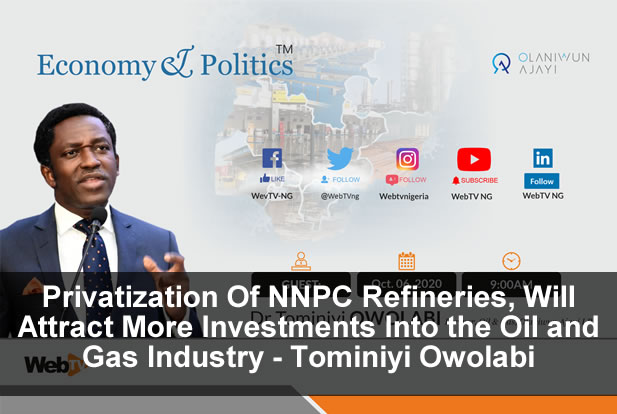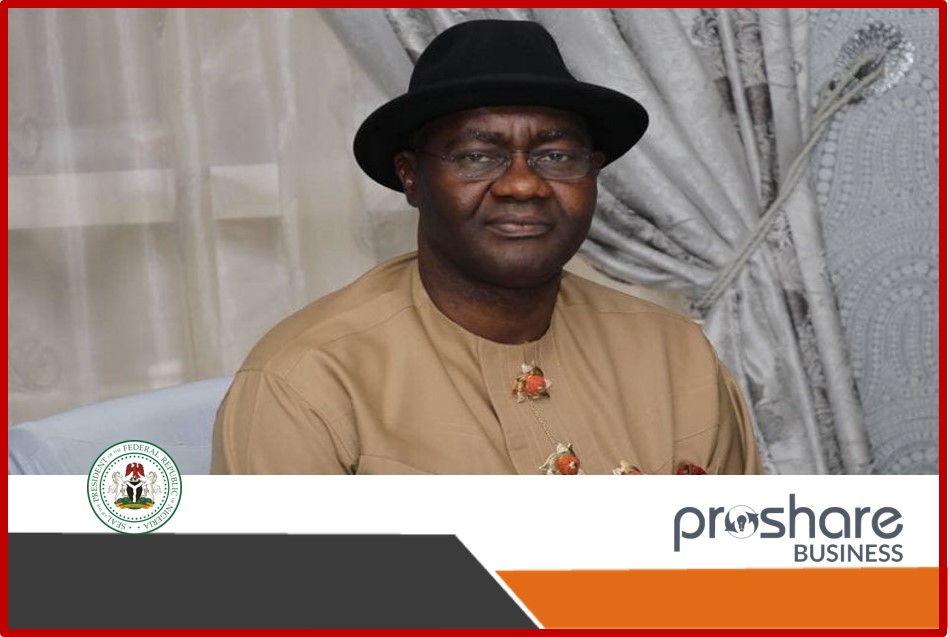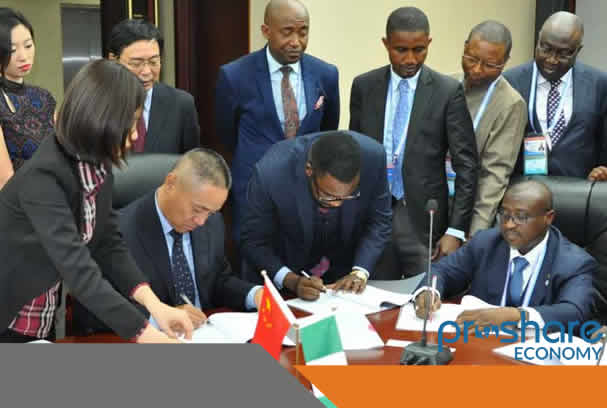Wednesday, March 09, 2022 / 10:29 AM / by United Capital Research / Header Image Credit: Punch
The Nigerian National Petroleum Company (NNPCL) Limited announced its intention to acquire power plants owned by the federal government under its Nigerian Integrated Power Project (NIPP). The Bureau of Public Enterprises (BPE) announced its intention to sell 100.0% of power generation companies from the NIPP. Notably, earlier in the year, NNPCL announced its partnership with the African Export-Import Bank (AfreximBank) to raise the sum of $5.0 bn to boost its upstream capacity and its energy transition business.
The Nigeria Power Sector has faced several challenges constraining its growth. Despite Nigeria's abundant gas, hydro, and solar endowments, it can only potentially generate 16,384.0 MW of electricity at full capacity. For context, South Africa, with a population of 59.3million, has a 59,095.0 MW installed capacity and generates 30,125.0 MW. On average, Nigeria dispatches around 4,000. MW, which is insufficient for a country of over 195.0 million people. The electricity sector continues to experience liquidity shortages access the entire value chain. The metering gap and the reluctance of the FGN and NERC to adopt cost-reflective prices is at the heart of the liquidity shortage. Recent data showed by the Nigerian Electricity Regulatory Commission (NERC) Jan-22 data revealed that about 8.1 million power users out of the 12.8 million registered customers were unmetered. Power Distribution Companies project it could take up to two years to close the 8.1million metering gap in Nigeria's electricity supply.
Looking forward, there is a market inkling that increased private sector involvement should be the catalyst for improved efficiency. However, eight years after privatisation, Nigeria still generates 61.5% below its installed capacity. It is important to note that the liquidity and pricing constraints will continue to derail private sector interest. We believe the NNPCL's interest should be considered, given its access to vast gas reserves and the potential economies of scale that could be actualised. However, In our opinion, regardless of who owns/operates the gencos, as long as the implementation of the Multi-year Tariff Order 2020 remains on hold and the metering gap persists, we expect serious private sector interest in the Nigeria Electricity Supply Industry (NESI) to be muted.
 Lagos, NG • GMT +1
Lagos, NG • GMT +1











 133 views
133 views















 Sponsored Ad
Sponsored Ad
 Advertise with Us
Advertise with Us









